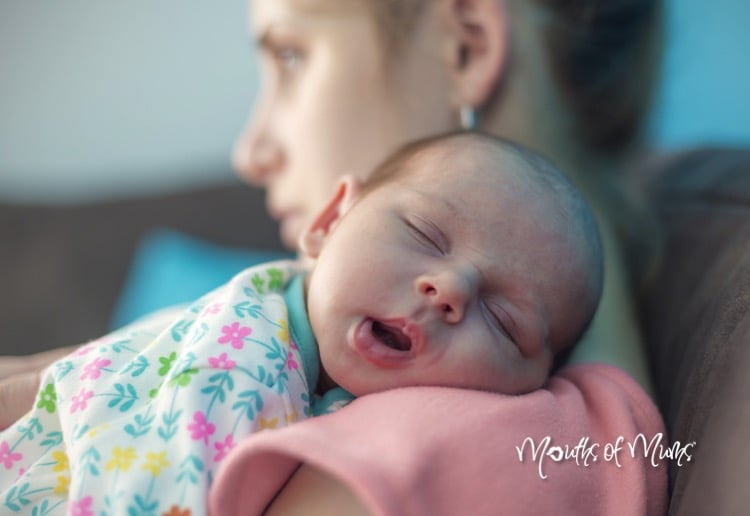When a woman has a baby and the birth didn’t go the way she had hoped, it can be incredibly silencing and hurtful.
If you want to be a true friend, read this! We’ve got some tips on what NOT to say and what you can DO instead.
Number 1:
“Oh but the baby is OK and that’s the main thing.”- NOT TRUE.
By saying this you are indirectly telling her that her needs are insignificant. That the baby’s health is the top and foremost priority. That a healthy baby somehow erases any trauma, disappointment or hurt that the woman experienced in giving birth.
Giving birth, whether it is vaginally or via surgery isn’t always a magic life-changing day just for the fact alone that the child was born. This doesn’t happen by default, much to the misunderstanding of others. It definitely can be this way for some women, but there is so much pressure for a woman who has had a baby to hold up this false pretence that everything was just fantastic when actually it wasn’t. It was shit, for whatever reason. And yes the woman can go on to learn from that experience and she will likely evolve next time she is pregnant – but the health of a baby is NOT the main thing, it is part of the equation.
Number 2:
“It’s just one day.”- EXCEPT IT ISN’T.
Every woman remembers the day she gives birth and how it made her feel. She may remember what she wore, what she ate, what the weather was like, who was around. She will draw on this experience for the rest of her life. It will either empower her, or make her feel weak and filled with regret for what could or should have been.
Giving birth is a sacred rite of passage even to women who may not be in the frame of mind to realise this yet. So it isn’t just one day. The day you become a mother whether it be for the first time, second time or even the fourth time – you become a new mother, again. And each birth is unique of itself and different. Each birth brings new lessons learned and challenges either overcome, or not. It might be one day to YOU, but to the mother – it is not just one day.
Number 3:
”But look at the positives.”- JUST NO.
Part of the healing cycle is to grieve. And in order to grieve one must look at the negatives and feel them, wholly. Once a woman has been able to grieve the loss of a birth she had planned for, dwelled and moped – only then can she pick herself up off the floor and begin to heal and move on. This process is different for every woman and can take years for some. And that’s OK. Because you cannot put a time limit on grief. And overcoming birth trauma is the same.
So what CAN you say to a woman who has had a difficult birth? Well, how about any of the following:
“I’m here for you.”
“Take your time.”
“Be gentle with yourself.”
When you visit a woman who has recently given birth you are visiting a woman who is fragile, and highly emotional.
What you say to her on your visit can either build her up or break her down.
So What Can you DO Instead?
So buy her some chocolate. Bake her some muffins. Do some laundry for her, bring her a meal. Be gentle and tender with her.
It’s not f**ing rocket science.
Image courtesy of Shutterstock.com




















10:57 am
10:25 am
7:26 pm
8:38 pm
8:46 pm
11:00 am
5:21 pm
10:36 pm
10:24 pm
4:17 pm
8:09 am
7:49 pm
10:00 am
4:47 pm
9:28 am
-

-
-
girltribe replied
- 03 Mar 2016 , 8:33 pm
Reply4:24 pm
3:54 am
11:55 pm
9:00 pm
12:42 pm
- 1
- 2
- »
Post a commentTo post a review/comment please join us or login so we can allocate your points.